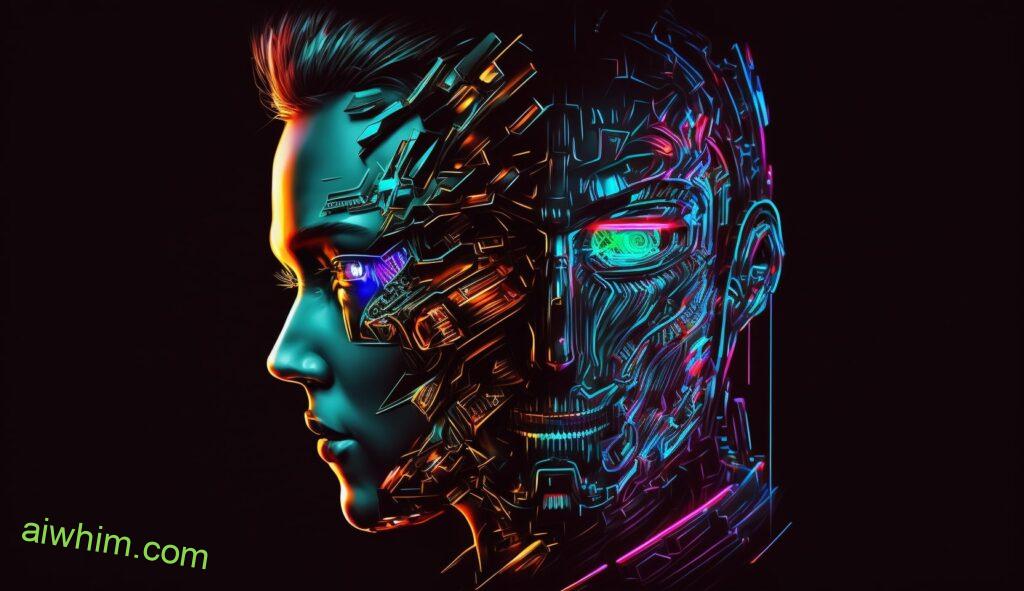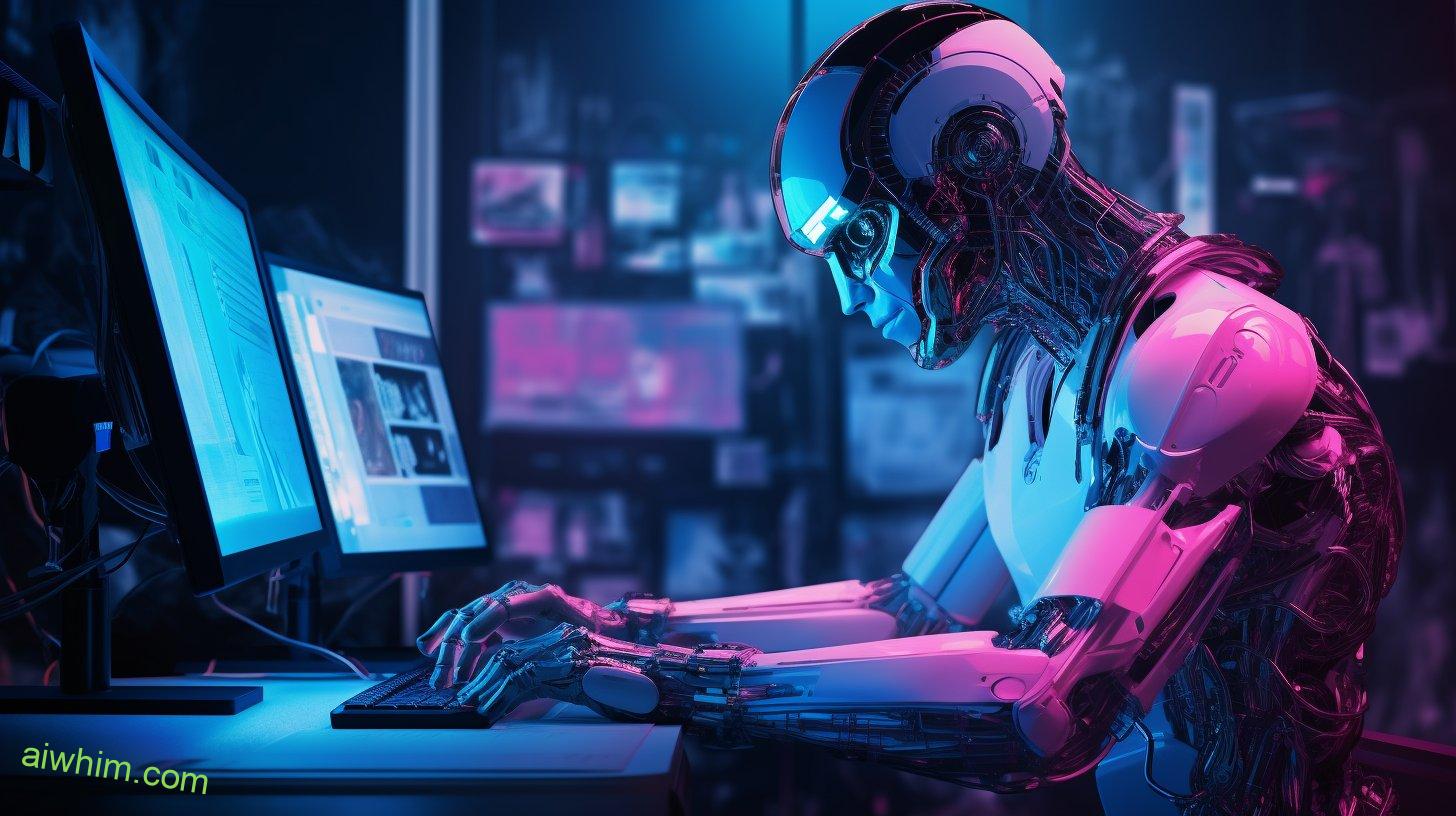Are you a Paralegal? Have you ever wondered if the rise of Artificial Intelligence (AI) could make your career obsolete? It’s no secret that AI has been making its way into many industries, forcing people to reassess their roles and how they can stay relevant in an increasingly digital world. As such, it is only natural for paralegals to worry about what this means for their profession. In this article, we will take a closer look at whether or not AI could put paralegals out of business and what steps must be taken to ensure job security in the future.
The introduction of AI into any industry begs the question: ‘What does this mean for my job security?’ This fear is particularly prevalent among professionals whose jobs involve frequent data entry and repetitive tasks – both common aspects of being a Paralegal. With machines becoming more efficient than humans in completing mundane tasks, it is easy to understand why some may feel threatened by the implications of AI on their chosen profession.
Fortunately, there are ways to protect yourself against these potential threats while still enjoying the freedom and flexibility associated with being a Paralegal. We will explore exactly how this can be done throughout our discussion so keep reading!
But before we start, this post is about the Paralegal profession specifically. If you are an Attorney, read this article instead. Also, if you are interested in an overview of AI and Chatbots in Law careers in general, follow the last link for a post about that topic.

Definition Of AI
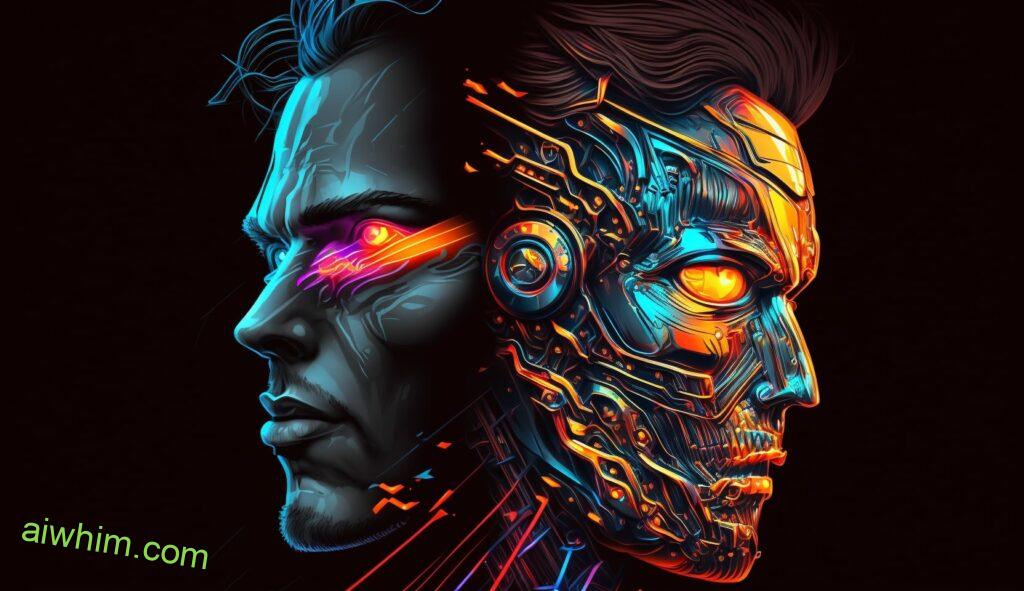
AI, or artificial intelligence, is a rapidly growing field of technology. It’s transforming how we interact with our world and creating new possibilities for the future. AI has been around since 1956 when John McCarthy coined the term in his paper “Programs that Learn from Experience”. AI covers many different areas including machine learning, deep learning, natural language processing, robotics and more. Machine learning involves algorithms that can learn by themselves through data analysis and pattern recognition. Deep learning takes this further; it uses multiple layers of neural networks to identify complex relationships between data points.
The potential applications of AI are both exciting and daunting at the same time. In healthcare, AI-enabled diagnostic systems could save lives while reducing costs associated with human labor. In transportation, autonomous vehicles have already begun to revolutionize the way people move around cities. And in retail, personalized product recommendations generated by AI could improve customer experience significantly over manual methods currently used by retailers.
In today’s economy where automation is becoming increasingly prevalent, there are real concerns about whether certain jobs will become obsolete due to advancements in AI technology. The legal profession is no exception; as paralegals consider what impact AI might have on their career prospects moving forward.
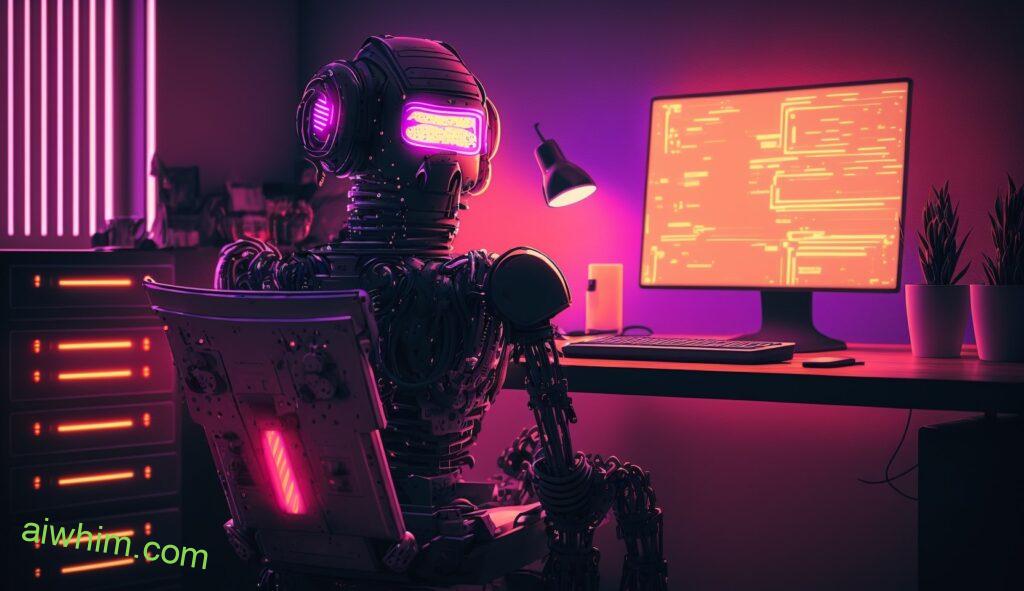
As a side-remark, this posts covers how AI is transforming the court reporting industry and its implications for your future. (Click to read!)
Impact Of AI On The Paralegal Profession
Recent studies suggest that AI will affect more than 28% of legal jobs in the next decade. This means that paralegals and other legal professionals are facing a wave of technological disruption. AI-driven law, automated legal services, and technology-assisted legal processes have already begun to revolutionize the way lawyers practice.
The impact of AI on the legal profession is multifaceted. On one hand, automation can make it easier for attorneys to process paperwork and manage their workloads. It can also help reduce costs associated with hiring personnel or outsourcing tasks such as document review. However, this shift towards greater efficiency could lead to some job losses among paralegals who specialize in administrative work.
AI has ushered in a new era where attorneys must become tech savvy if they want to stay ahead of the competition. This means learning how to use various software applications and platforms designed to streamline everyday tasks like filing documents or researching case law. Lawyers should also be prepared for increased collaboration between themselves and clients through online tools and portals which facilitate communication without requiring expensive video conferencing equipment. As these advancements are made, paralegal roles may evolve into those which require an understanding of both traditional legal concepts and modern technology trends.
Paralegals need not worry about becoming obsolete due to advances in artificial intelligence – instead, they should view these changes as opportunities for career growth within the rapidly changing landscape of the legal industry. With sufficient training and experience, paralegals can develop skillsets that allow them to keep up with market demand while providing valuable assistance to attorneys navigating complicated cases involving AI technologies.
Role Of Paralegals In A Digital Age
As the legal profession continues to evolve, so too must paralegals adjust to a rapidly changing digital age. With advances in AI technology, it is easy to wonder whether paralegals could become obsolete as automated legal processes take their place. But this does not have to be the case: with new technologies come new opportunities for paralegals that extend beyond traditional roles and responsibilities.
Paralegals can use AI-driven tools to expand their scope of work, allowing them to provide more value to law firms and clients than ever before. For example, they can leverage legal tech solutions such as document automation platforms or analytics tools that analyze large volumes of data in order to identify relevant information quickly and accurately. This can save time and money while improving accuracy across all aspects of the process. In addition, paralegals may be able to offer more personalized services by leveraging machine learning algorithms that generate custom documents based on individual client needs.
The adoption of these advanced technologies offers another advantage for paralegals: staying ahead of competition from alternative service providers like virtual assistants who are increasingly entering the market. By embracing emerging trends in technology, paralegals will remain competitive despite any perceived threats posed by AI-powered applications or alternative providers. With continuing education and training, paralegals can ensure they are well equipped with the skills required to succeed in today’s evolving digital landscape.
As advancements in artificial intelligence continue reshaping the legal profession, successful paralegals will need to embrace these changes if they want to remain competitive and maintain relevance in an increasingly automated world. The key is understanding how best to utilize cutting edge technologies and apply them within the context of existing practices – both now and into the future.
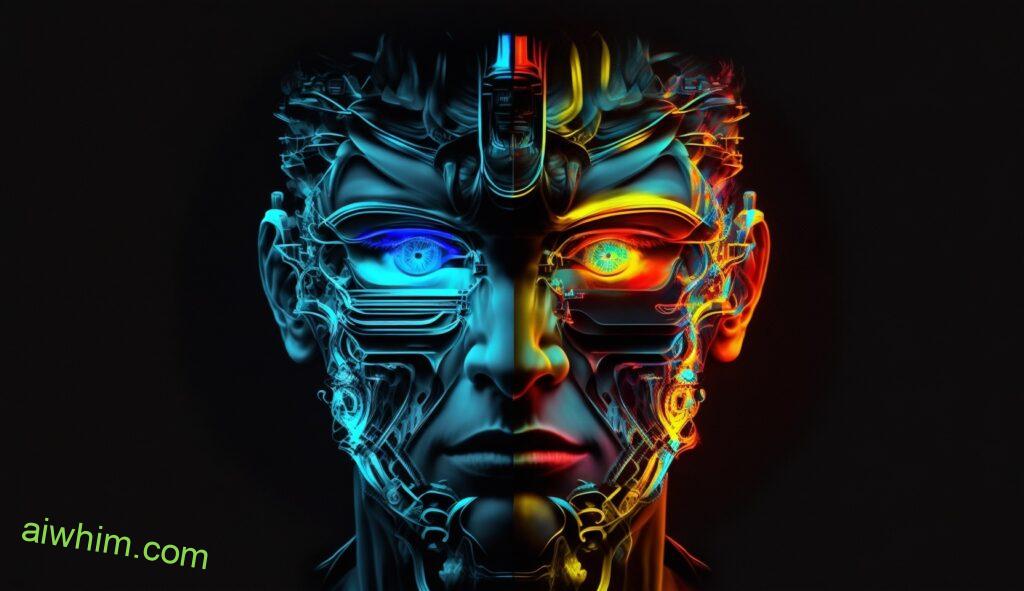
Automation Of Legal Services
The legal industry is no stranger to the march of automation, with advances in technology transforming how lawyers and paralegals work. As digital tools become more sophisticated, an increasing number of services that were once provided by human labor can now be completed faster and more efficiently by machines. Like a tidal wave crashing onto the shoreline, this automation threatens to leave many jobs obsolete – including those of paralegals.
When it comes to job security, there is no denying that AI has caused some disruption in the legal sector. This is because certain tasks which used to require extensive research and analysis are now being handled by algorithms designed for speed and accuracy. For example, document review or e-discovery processes can often take hours when done manually but can now be automated within minutes using AI-driven software solutions.
Despite these developments, however, there is still plenty of room for humans in the legal profession. Although machines may be able to perform mundane tasks like data entry or basic document review quicker than their fleshy counterparts, they cannot replace the creative problem solving abilities of people who have years of experience working on complex cases. Paralegals remain essential players in the field as their unique skillset allows them to provide valuable insight into areas where computer programs wouldn’t even know where to begin looking. Ultimately then, while automation may seem daunting at first glance, it should not be seen as a threat but rather an opportunity for growth and development for both professionals and firms alike.

How AI Is Changing The Practice Of Law
The automation of legal services enabled by AI is revolutionizing the practice of law. By automating mundane tasks, lawyers are able to focus more on complex cases and higher-value work. This technology can help with research and analysis, document management, contract review, case tracking, and other administrative functions that used to take up a large amount of time for attorneys.
AI-enabled solutions have also created opportunities for paralegals to become even more valuable in their roles. For instance, they can use an AI system to analyze client data or generate reports quickly and accurately without having to manually search databases or text documents. AI-based systems can also be used to create automated litigation strategies based on past outcomes. These tools make it possible for paralegals to provide better advice faster than ever before.
AI has brought about significant changes in the legal profession as a whole; from streamlining processes to reducing costs associated with certain tasks, automation has allowed firms to operate more efficiently and effectively. With AI capabilities being utilized across the industry, both lawyers and paralegals alike will need to stay ahead of the curve if they want their skills remain relevant in today’s market.

Effects On Paralegal Workforce
To begin with, the proverbial writing is on the wall; automation in the field of paralegal work has begun to take its toll. Many legal professionals are now asking themselves if their job security is at stake and if they will be displaced by increasingly effective artificial intelligence (AI).
- AI can analyze evidence better than humans and process information faster.
- It could eliminate mundane tasks and free up time for more complex projects.
- AI could even replace certain roles within law firms such as document review or research.
This shift presents both advantages and disadvantages for those currently employed in a paralegal role. On one hand, it enables them to focus on higher-level functions that require creativity and problem solving rather than being stuck doing menial paperwork all day long – freeing up additional time to pursue other interests outside of the office. On the other hand, there’s no guarantee that employers would not reduce staff numbers due to cost savings from automation, leaving some individuals out of work despite increased efficiency elsewhere in the organization. Ultimately, this means that paralegals must actively seek ways to stay ahead of the curve while also ensuring they maintain their value as an important asset within any given firm or legal department.
It’s clear that current trends indicate many aspects of paralegal work may soon become automated – but it doesn’t necessarily mean jobs will disappear entirely either! With proper training and continued education, those already working in this profession can remain competitive against newer technologies while still providing invaluable services to their clients

Possibilities For Paralegals In An AI-Driven World
When considering the future of paralegals in an AI-driven world, it is important to consider the potential for growth. As automation takes on more tedious tasks, such as document review or legal research, paralegals are likely to be freed up to focus their efforts and expertise on higher level responsibilities that require a human touch. This could include activities such as case management and client relations – skills which can’t easily be replaced by automated processes. By future-proofing their careers through continuing education and regular training sessions, paralegals will remain competitive in a changing landscape.
In addition, there may also be opportunities to use technology to enhance efficiency within existing roles. Paralegals already have access to powerful software tools designed specifically for the legal industry; however, they might benefit from further guidance and support when using these programs effectively. If employers invest in providing additional resources and training for their employees around digital transformation strategies, this would help ensure paralegals stay ahead of the curve.
Given all these possibilities, it’s clear that paralegals need not fear obsolescence in an AI-driven world. With some investment in skill development and strategic use of technology, they are well positioned to thrive both now and into the future.

Advantages And Disadvantages For Paralegals
Poised on the precipice of a new age, paralegals must consider both sides of the coin when it comes to their career in an AI-driven world. As with any technological advancement, there are advantages and disadvantages that come along for the ride. To get a better understanding of how this may affect them, let’s take a closer look at what lies ahead.
The first advantage is that artificial intelligence has already begun to streamline tasks such as legal research, document review and analysis, freeing up valuable time for paralegals to focus more on other aspects of their profession like client interaction or even pursuing higher education opportunities which could result in promotions or specialization within their field. Also, since AI can process data quickly using algorithms and predictive analytics tools, they can provide attorneys with critical insights much faster than a human alone ever could.
On the flip side though, while some jobs will become obsolete due to automation replacing menial labor-intensive tasks currently done by paralegals; others may be left feeling unsure about their future prospects if those same skillsets no longer hold value in the industry. In addition to this, AI technology is expensive and not accessible to everyone so only those companies who have access to these resources stand to benefit from its use. This could lead to further inequality between large corporate firms and smaller firms or independent practitioners who lack the financial means needed for integration into their systems.
So although having access to cutting edge technology certainly holds great potential for advancing one’s career trajectory in many ways – it is important for paralegals to remain vigilant and open minded about adapting themselves accordingly for the workplace of tomorrow.

Ethical Considerations For AI-Driven Law
The introduction of AI-driven law is a cause for concern when it comes to ethics. The legal system relies heavily on ethical considerations, and with the rise of AI-driven technology, these considerations need to be addressed. Here are five important ethical considerations that must be taken into account before implementing AI-driven law:
- Data Privacy: Data privacy is an essential component of any legal process; ensuring that all data remains secure and private is key in protecting individuals’ rights and autonomy.
- Accountability: It’s important that there’s someone responsible for overseeing the actions of AI-driven systems – this helps to ensure accuracy, consistency, and fairness in the application of justice.
- Transparency: All users should have access to information about how decisions are being made by AI systems so they can understand why certain outcomes were reached or why certain processes were used over others.
- Human Oversight: While automation may help speed up the administration of justice, it must always be done under human oversight in order to ensure accuracy and accountability within the system.
- Accessibility & Fairness: Accessible technologies should be implemented wherever possible to ensure fair treatment throughout the entire judicial system regardless of socio-economic status or other factors such as race or gender identity.
AI-driven law has great potential but also carries significant risks if not regulated properly using ethical guidelines such as those listed above. If we want our legal system to remain just and effective, then ethics must take precedence whenever introducing new technologies into it – particularly ones that could potentially make drastic changes like automating paralegal careers away from people entirely!
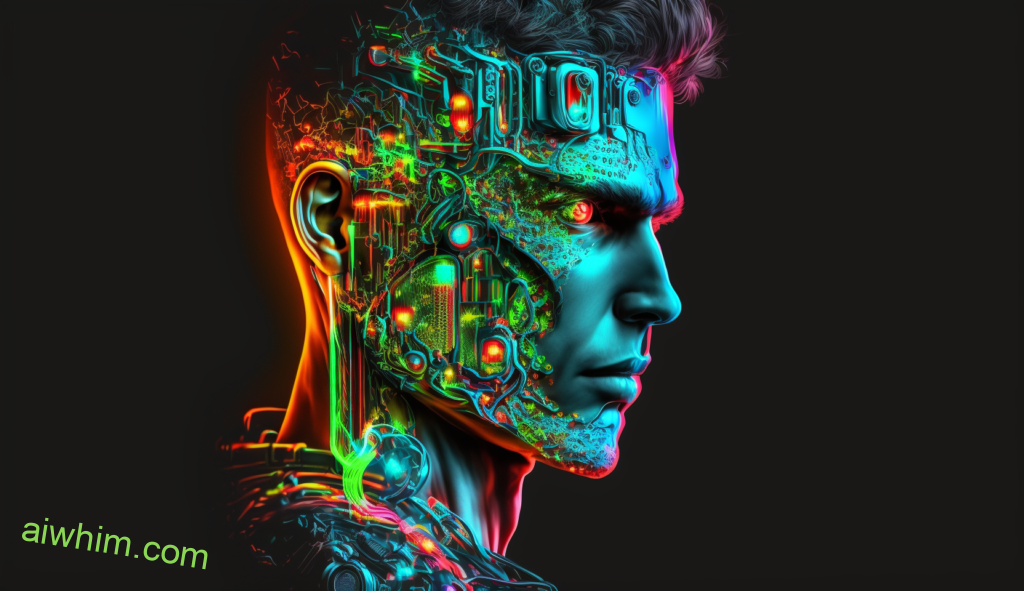
Implications For The Future Of Paralegals
The implications of AI-driven law on the future of paralegals are far-reaching. As legal automation continues to become more accessible, it may render some tasks traditionally done by paralegals obsolete. This could lead to a sharp decline in the number of jobs available for paralegals and other legal professionals.
On one hand, this could be seen as a positive development in that it streamlines processes and reduces costs associated with hiring human labor. On the other hand, it also means that many current and aspiringparalegals will have to look for work elsewhere or change careers entirely. It is important to note that not all aspects of a paralegal’s job can be automated; there are still certain tasks such as conducting research and client interviews that must be performed manually. Thus, those who possess strong interpersonal skills combined with technical know-how may find themselves well positioned for success even if their overall field undergoes significant changes due to AI-driven law advancements.
It remains uncertain how quickly these technologies will develop and what precise impact they will have on the profession over time. However, any prospective paralegal should familiarize themselves with emerging trends related to legal automation so they can make informed decisions about their career path moving forward. The days ahead undoubtedly hold both promise and peril – but no matter what lies ahead, having an understanding of the technology behind AI-driven law is essential for navigating its potential impacts on paralegal jobs going forward.

Strategies To Adapt And Relevant Skills To Acquire
The answer to the question of whether AI could make a career as paralegal obsolete is complex. While it’s true that automation and artificial intelligence are becoming increasingly commonplace, there are still numerous ways for paralegals to remain relevant in this space. Here are some strategies they can use:
- Utilize technology-driven resources such as legal document management software and automated research tools
- Develop specialized skills related to specific areas of law or certain geographic regions
- Leverage data analytics to identify trends in case outcomes and help inform decisions
- Expand their knowledge base with courses on topics like business law or contract drafting
Adopting these tactics may require a significant amount of effort from the paralegal but will be essential for staying competitive in today’s ever-changing legal environment. Moreover, having access to new technologies allows them to develop more advanced skills than those traditionally associated with being a successful paralegal. For example, understanding how various forms of artificial intelligence work together with other applications can give a leg up when searching through court documents or researching precedents. This type of insight provides an edge over non-tech savvy competitors by offering faster results and higher accuracy.
Paralegals must also be willing to update their skill set if they hope to stay abreast of emerging industry trends. Taking classes on topics like cybersecurity or digital forensics can open up opportunities within legal departments looking for professionals capable of protecting confidential information while adhering to client privacy laws. Additionally, paralegals should consider enrolling in continuing education programs focused on developing interpersonal communication skills which enable better collaboration between members of the team. With so many options available, gaining additional knowledge can help any aspiring professional stand out from the crowd and enhance their value proposition as an asset inside any given organization.
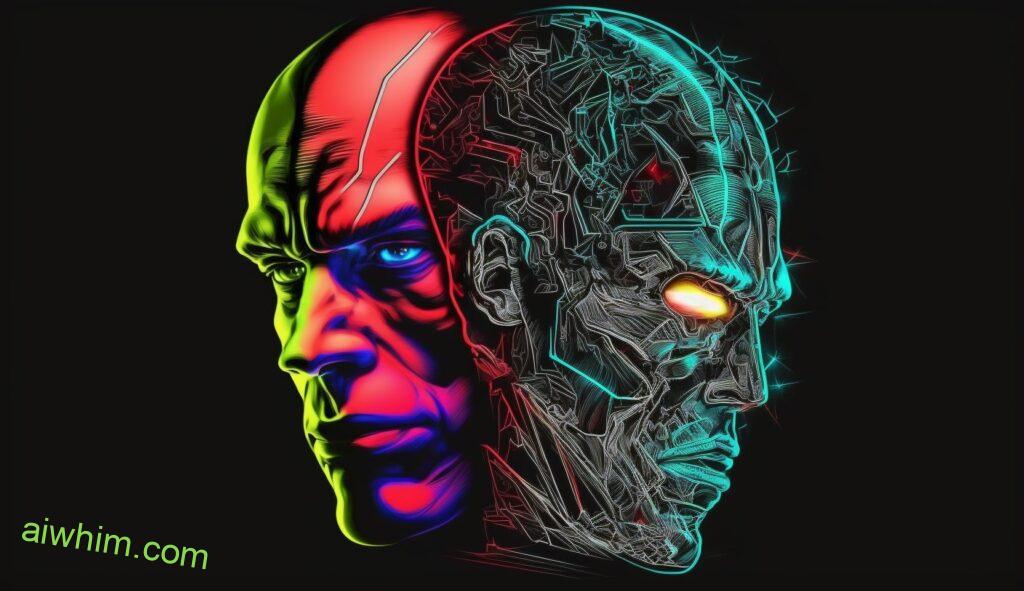
Potential Employment Opportunities For Paralegals
While the introduction of artificial intelligence (AI) and automation may seem to threaten job security, there are still plenty of potential employment opportunities for paralegals. As technology advances, so does the legal industry’s need for individuals who can manage complex cases and have a deep understanding of the law. Paralegals specialize in areas such as civil litigation, real estate transactions, family law, criminal defense and corporate compliance – making them invaluable to many employers. Regardless of how automated many processes become, they still require human oversight to ensure accuracy and efficiency.
Paralegals will also continue to be needed to keep up with changing laws and regulations. AI cannot replace the knowledge that comes from years of experience in dealing with court proceedings or other legal matters. Therefore, those working in this field must stay informed about changes by attending continuing education classes and staying current on new developments in their field. Additionally, paralegals should consider obtaining additional certifications or specialized skillsets which could help enhance their resume and make them stand out amongst their peers; doing so would likely increase their chances for furthering their career within the legal industry.
Despite what some might think, the evolving use of AI is not necessarily going to cause jobs like those held by paralegals to become obsolete; rather it has provided an opportunity for them to diversify into different roles where they can utilize both technological advancements and traditional methods alike. With these two approaches combined, paralegals can remain competitive while maintaining job security as well as offer value beyond simple legal automation services.

Job Security In An Automated Environment
The thought of job security in an automated environment is like a roller coaster ride: one moment, you feel secure and the next, you’re filled with dread. As technology develops at unprecedented speeds, it’s natural to worry that your career as a paralegal could become obsolete. However, while automation may be changing the legal field, there are still many opportunities for growth and adaptation.
In any industry where machines play a role, humans must also be part of the equation. AI systems can handle repetitive tasks faster than any human ever could, freeing up more time for lawyers to focus on complex cases and other areas of law that require creative problem solving or specialized knowledge. Even though some duties traditionally handled by paralegals may no longer exist due to automation, new roles will likely emerge from this transition; jobs such as overseeing data management processes or developing strategies for using artificial intelligence (AI) tools within the legal system.
As daunting as the prospect of automation might appear, it doesn’t have to mean complete obsolescence if paralegals take proactive steps toward understanding how they fit into this evolving technological landscape. By staying informed on advances in their field and learning how to use emerging technologies responsibly and ethically, paralegals can ensure their own job security even if certain aspects of their profession change over time. With dedication and an open mind, they can remain valuable assets in the age of automation.
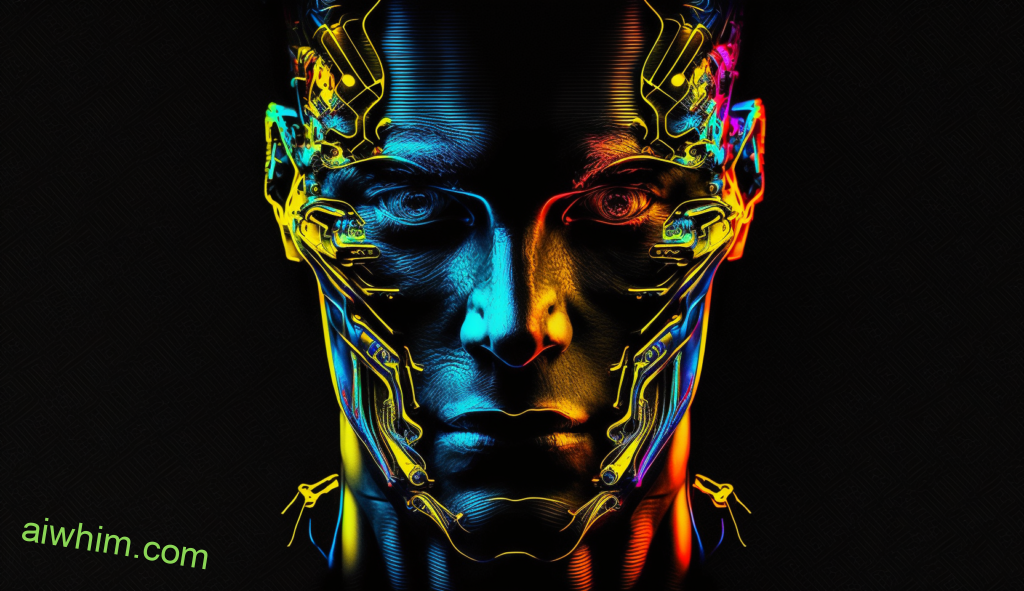
Benefits Of Technology-Assisted Legal Services
The use of legal technology, automated services and AI law is revolutionizing the practice of paralegal work. Technology-assisted legal services are allowing paralegals to complete tasks faster and with greater accuracy than ever before. It’s no wonder that this new form of working is gaining popularity among both lawyers and their clients.
For one, using a combination of automated services and AI-powered software can save time by automating mundane tasks such as document review or evidence collecting. This allows paralegals to focus on more complex issues while reducing the need for manual labor. In addition, these same technologies enable accurate data analysis which leads to enhanced decision making based on facts rather than intuition.
Technology-assisted legal services have also helped reduce costs associated with hiring an attorney or other specialized staff member to handle certain aspects of a case. By utilizing these technologies, firms are able to provide their customers with quicker turnaround times at lower rates than traditionally possible – thereby increasing customer satisfaction and loyalty. With fewer overhead costs, businesses are able to invest in further research or development opportunities instead – leading to improved overall performance outcomes in the long run.
In short, technology-assisted legal services offer numerous advantages over traditional methods of completing paralegal work. From reducing workloads and minimizing mistakes through automation; to enabling rapid access to data insights; all the way up to lowering operating costs – it’s easy to see why so many companies are adopting these new tools into their workflow process today.

Role Of Human Judgment In The Legal Field
Take the case of a recent dispute between two companies over an alleged breach of contract. Despite having access to sophisticated legal software, neither party could agree on which company was in the right due to differing interpretations of the agreement. In this instance, it was only human judgment that could resolve the matter:
- Analyzing key points from both sides with clarity and objectivity;
- Applying relevant laws and precedents;
- Drawing conclusions based on all evidence presented.
The need for human judgment is especially paramount when dealing with complex disputes such as this one, where there may be no clear-cut answer without further investigation or interpretation. This highlights why paralegals are essential in any successful law practice – they provide invaluable expertise and insight into cases that cannot be replicated by artificial intelligence (AI). AI can certainly assist with factual research but ultimately falls short in understanding how certain facts relate to each other and their application within a specific context. It is only through human judgment that we can look at these factors together and draw meaningful conclusions about what should happen next.
Paralegals bring an immense amount of value to the table in terms of legal knowledge, experience, intuition, creativity and critical thinking skills – capabilities which are still largely inaccessible to AI technology today. Their ability to exercise discretion while preserving integrity allows them to make informed decisions quickly, giving clients peace of mind during difficult times. In short, paralegals play an indispensable role in providing sound legal advice regardless of circumstance – something which AI will never be able to do relying solely on algorithms and data analysis alone.

In Summary
In conclusion, AI is changing the legal field and presenting both challenges and opportunities for paralegals. While some services may become automated, it’s essential to recognize that the human element will remain a key factor in providing quality legal services. Paralegals can leverage emerging technologies to open up new avenues of employment while also adapting their skills to fit this digital age. With the right attitude and expertise, they have the potential to carve out successful careers as part of this ever-evolving profession.
The ability to stay ahead of changes in technology is critical for any professional who wants to remain competitive in today’s job market. As AI continues its march toward greater automation, becoming tech savvy is no longer an option — it’s a must-have skill set for anyone looking to make their mark on the legal industry. By embracing the tools available and honing their knowledge base accordingly, paralegals can position themselves at the forefront of this rapidly developing sector.
As we move into an increasingly digitized future, one thing remains certain: there will always be a need for human judgement within the legal field — something which only people with experience, insight and expertise can provide. In other words? There’ll always be room for talented paralegals!
Author: Ole Paulson
Author Bio: I’m Ole and on this website, I share everything there is to know about Artificial Intelligence, and useful tips for using AI to our advantage. I have a background in data science and research and have been following the AI-space for years. You can read more about me in the “About” page.

